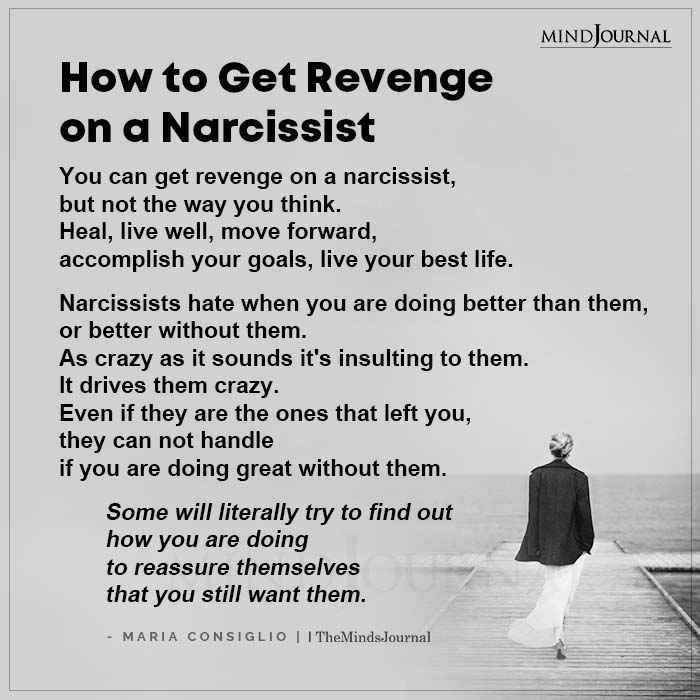Dealing with a narcissist who emotionally drains you? It’s time to break free from their toxic web and take back control. Learn the 9 steps to protect yourself.
Narcissists are antagonistic and selfish and can be abusive. Dealing with a narcissist is challenging. Whether the relationship is with a parent, sibling, or lover, love may feel out of reach.
Do you feel emotionally abandoned or abused, vacillate between hope and pain, love and resentment, and staying or cutting off contact?
Living together breeds hurt, resentment, and anxiety as you grow accustomed to self-sacrifice and emotional abuse, or even physical abuse. Loving someone who alternates between care and abuse or is unable to show love is confusing, heart-wrenching, and addictive.
Loved ones often feel hurt and frustrated by the disregard for their feelings and needs. Constant conflict, rejection, control, and criticism undermined their self-worth. Many people feel betrayed by the loving person they once knew who disappeared over time.
Some partners give up their studies, careers, hobbies, family ties, or friends and sink further into despair.
Leaving the relationship isn’t an option for everyone. Some partners lack the courage, but many don’t hesitate to say they love the narcissist and prefer to stay, if only they were more appreciated and respected.
For other people, their priorities are parenting, financial concerns, co-parenting with an ex, or maintaining family ties. Whatever the choice, rebalancing the power in the relationship facilitates either option and restores mental and physical health.

Here are the steps for dealing with a narcissist elaborated in my book, Dating, Loving, and Leaving a Narcissist: Essential Tools for Improving or Leaving Narcissistic and Abusive Relationships:
How To Manage A Narcissist? 9 Tips For Dealing With A Narcissist In Your Life
1. Learn all you can about narcissism.
It’s necessary to be aware of whom you’re dealing with. That includes not only the diagnostic criteria, it also entails being able to identify even subtle forms of abusive behavior.
In addition, it’s essential to comprehend the narcissist’s motives, what makes them tick, and why. Getting this at a deep level is important for reasons you may not initially realize. It will help you come out of denial, detach, not react, confront abuse, and leave if you so choose.
Read 10 Manipulative Strategies Used By Narcissists To Dominate You
2. Have realistic expectations.
This naturally follows when you really understand the narcissist. Once you no longer have illusions about someone, your expectations can be more realistic. For example, you wouldn’t expect a blind person to compliment your new colorful outfit, nor resent them for not doing so.
The bar for your anger and hurt feelings is raised. Similarly, you wouldn’t complain that “I do so much for him/her, but it’s never reciprocated.”
3. Detach, don’t react, and avoid conflict.
With greater knowledge and realistic expectations, you won’t react nor take the abuser’s behavior personally.
You avoid fruitless conflict that drains you and empowers them. This prepares you to accept the reality of your situation. It does NOT mean that you have to accept abuse, but only that you can expect abuse if you don’t take action to stop or avoid it.
4. Identify and confront abuse.
Now you’re empowered to take effective action. First, you must be able to identify all forms of even subtle abuse, including the most difficult — gaslighting and manipulation.
You must learn the right and wrong ways to confront abuse in order to avoid, to the extent possible, arguments.
5. Set boundaries
It’s essential to set boundaries with an abuser to protect yourself. There is an art to doing this effectively, and it may require you to invoke consequences. Remember that boundaries are for you and are not meant to punish someone else. They often state what YOU will do.
Read 6 Tactics Manipulators Use To Control And Confuse You
6. Use systematic transactional communication.
This is a method of setting boundaries and asking for your needs with someone who is highly defensive, like an abuser or narcissist. It is different from the way you might talk to someone else who doesn’t have a drug addiction or personality disorder.
The goal is to communicate without eliciting the usual defensive behavior. It is explained with specific steps, examples, and scripts in my book.
7. Enjoy hobbies and your own activities.
As part of taking back your power and rebalancing the dynamics in the relationship, you need to focus more on yourself and become autonomous. Your thinking and emotional well-being cannot revolve around another person. This is codependency.
As does setting boundaries, this also raises your mood and self-esteem. It gives you power rather than feeling like a powerless victim. Having your own activities is necessary even in an amiable relationship.
8. Have a support system.
In all intimate relationships, it’s wise to maintain your friendships. No relationship provides all your needs, and expecting it to do so will lead to disappointment.
Courage will be necessary to take these steps and set boundaries when you haven’t done so in the past. They won’t be welcomed by an abuser. Especially with a narcissist, you’ll need a support system that will help comfort and encourage you.
9. Practice self-love and self-care.
Loving an abuser damages your self-esteem and undermines your confidence. It’s traumatic. Healing and finding your strength requires that you improve your relationship with yourself and start taking care of yourself.
This means not only diet and exercise, but to learn to comfort and nurture yourself. You’ve been looking for love. Start giving it to yourself. Listen to my Self-Love Meditation.
Follow these steps, do the exercises, use the scripts, and employ the guidelines and plan in my book, and you will reclaim yourself and improve your relationship, whether or not your loved one has a narcissistic personality disorder.
In sum, you will have practical plans to implement that better your relationship with yourself and your loved one, and you’ll be able to determine whether and how to leave the relationship.
See also my webinars on How to Raise Your Self-Esteem and How to Be Assertive.
© 2023 Darlene Lancer
Related: Why The Narcissist Targets You: 5 Reasons
Dealing with a narcissist can be a challenging and draining experience, but it’s essential to protect your mental and emotional well-being. Remember that you have the power to set boundaries and take control of your life.
Written By: Darlene Lancer Originally Appeared On: What Is Codependency









Leave a Reply
You must be logged in to post a comment.